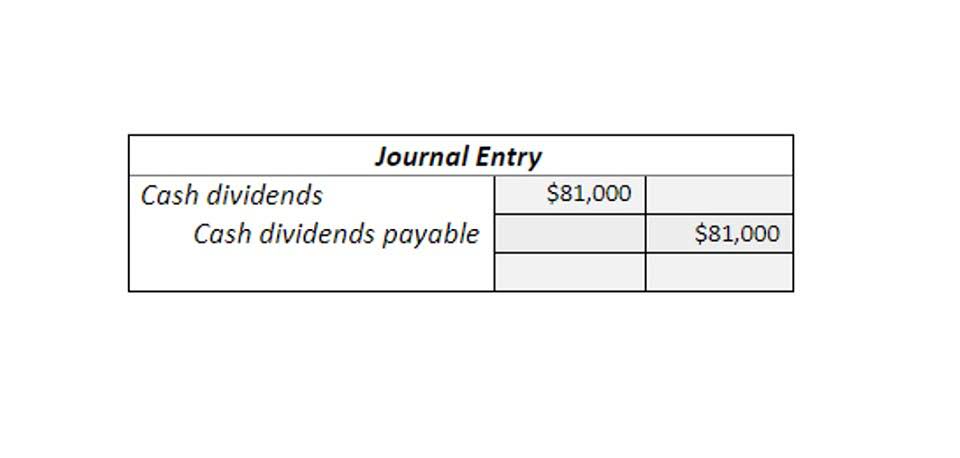- June 15, 2020
- Posted by: admin
- Category: Bookkeeping

Accounting is the process of keeping track of all financial transactions within a business, such as any money coming in and money going out. It’s not only important for businesses in terms of record keeping and general business management, but also for legal reasons and tax purposes. Though many businesses leave their accounting to the pros, it’s wise to understand the basics of accounting if you’re running a business.

Reporting
- Below, we explain more about what accounting is, why you should care about it and how you can build accounting into your day-to-day business operations.
- Financial information should be presented in a simple and easy way so that the users i.e. investors, debenture holders, employees and government officials can understand it easily.
- This can be a great option if you want to ensure your books are in order, and that your company’s financial information is accurate, but it does come with some drawbacks.
- Similarly, professional accountants perform both bookkeeping and accounting tasks, but professional bookkeepers focus on bookkeeping alone.
- Tax accounting refers to recording and reporting financial information that relates to your business taxes.
- And so accounting takes the charge of keeping the records of all the transactions made within a firm.
This can be a great option if you want to ensure your books are in order, and that your company’s financial information is accurate, but it does come with some drawbacks. For one thing, the cost of hiring someone like this can be a substantial burden on your business’s finances. While financial accountants often use one set of rules to report accounting meaning the financial position of a company, tax accountants often use a different set of rules. These rules are set at the federal, state, or local level based on what return is being filed. The reports generated by various streams of accounting, such as cost accounting and managerial accounting, are invaluable in helping management make informed business decisions.
What is the Future of Accounting?

This guide offers a thorough introduction to accounting, its core principles, and its significance for both businesses and individuals. The accounting industry is governed by various organizations and standards to ensure accuracy and compliance. Accountants and CPAs must adhere to these regulations, and CPAs are also required to complete continuing education annually. A 2023 Morning Consult study reports that nearly 6 in 10 survey respondents don’t feel confident about their organization’s ability to measure wasted spending. Cost accounting provides the tools to assign costs, identify wasteful spending, and increase profits.
Statement of cash flows
In addition, financial statements disclose details concerning economic resources and the claims to those resources. Accounting services ensure compliance with legal and regulatory requirements. Organizations are obligated to maintain accurate financial records, prepare financial statements in accordance with accounting standards (such as GAAP or IFRS), and fulfill tax obligations. An accounting service can help you meet reporting requirements for regulatory bodies, shareholders, lenders, and other stakeholders.

The management of such business are more concerned with the accounting information because they are answerable to the owners. The provisions of various laws such as Companies Act, Income Tax and GST Acts require the submission of various statements, i.e., annual account, income tax returns and so on. In simple words, Green real estate cash flow Accounting is a kind of accounting that tries to take into consideration the environmental costs in the calculation of the operating income of an enterprise.
- Organizations are obligated to maintain accurate financial records, prepare financial statements in accordance with accounting standards (such as GAAP or IFRS), and fulfill tax obligations.
- Tax accountants assist with tax planning, helping businesses understand the tax implications of major decisions, such as acquiring a competitor or selling a division.
- Ever wondered how businesses track financial health or ensure regulation compliance?
- This is so they can strategically plan its future expenditures in order to maximize profit.
- They relate specifically to the types of accounts listed above, and how transactions in these accounts are debited and credited.
- Their primary job is to help clients with their taxes so they can avoid paying too much or too little in federal income or state income taxes.
As mentioned earlier, accounting information is used by different stakeholders, especially the management, to decide the future course of action for the organisation. To find out the results of a business, the information relating to the cost of the products and revenues from the products is collected. Then the costs and revenues are compared to find out the profit or loss of the business.
- Tax accounts may also lean in on state or county taxes as outlined by the jurisdiction in which the business conducts business.
- Accounting provides data-driven insights, enabling businesses to make informed decisions regarding investments, expansions, and cost management.
- In addition, quantitative data are now supplemented with precise verbal descriptions of business goals and activities.
- As such, accountants make strong salaries and work in a variety of industries.
- It’s similar to financial accounting, but this time, it’s reserved for internal use, and financial statements are made more frequently to evaluate and interpret financial performance.
Transparent financial net sales reporting builds trust and confidence among stakeholders, including investors, creditors, customers, employees, and the general public. It allows stakeholders to assess the financial health and performance of an organization, which is essential for making investment decisions and establishing business relationships. Financial accounting is a branch of accounting that aims to provide an accurate and transparent overview of a company’s financial performance over a certain time frame. This information is crucial for external parties like investors, creditors, and regulatory bodies who rely on it to make informed decisions. Businesses rely on accounting data to make better decisions faster, create budgets, forecast performance, and evaluate their financial health.

Income statement
With Collective, members have access to a comprehensive suite of services and support, allowing them to concentrate on their core priorities. From handling business formation and managing accounting, bookkeeping, and tax services to providing a vibrant community, Collective’s cutting-edge technology and experienced advisors streamline the entire process. To thrive, accountants will need to embrace new technologies, stay updated on regulatory changes, and develop skills that align with modern business demands. This evolution positions accountants as strategic partners, helping businesses navigate the complexities of today’s landscape.
